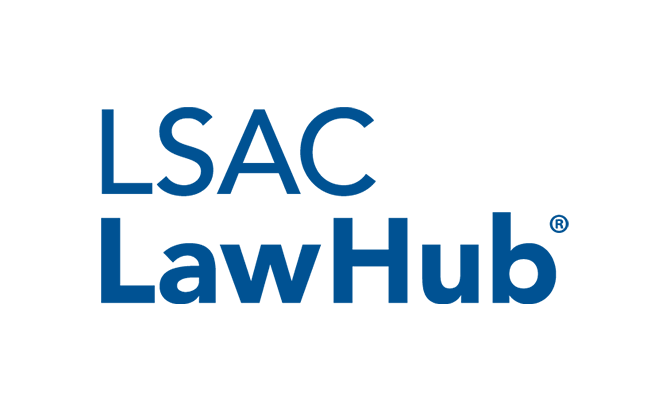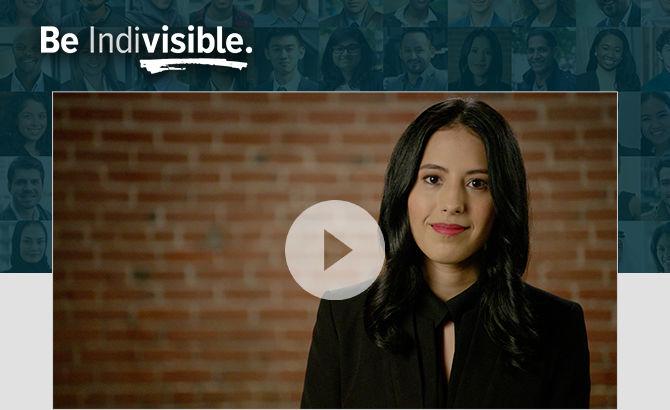By Susannah Pollvogt
A portion of any law school's students will want to practice law in other states — states that require individuals to graduate from ABA-accredited law schools to sit for the Bar Exam.
A portion of any law school's students will want to practice law in other states — states that require individuals to graduate from ABA-accredited law schools to sit for the Bar Exam.









